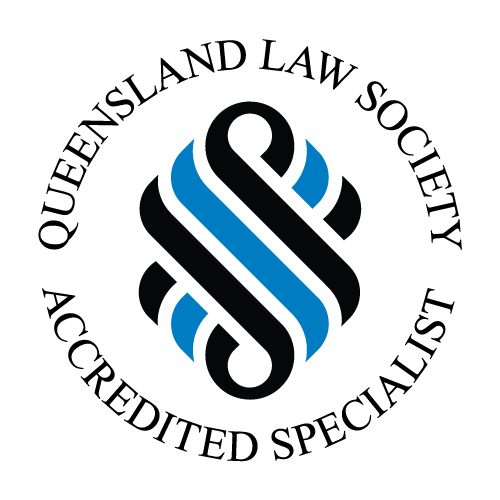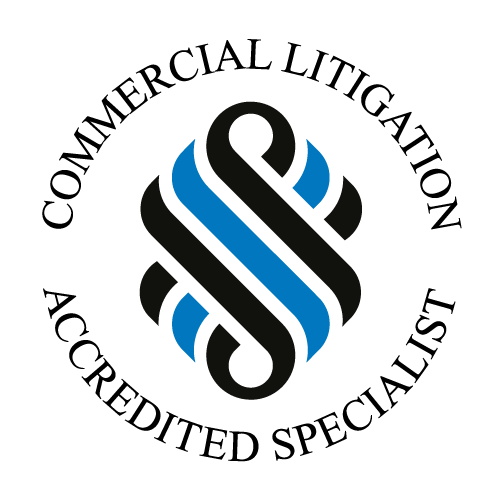Deciding the best way to structure a new business or to restructure an existing business is an important and often overlooked business decision. As your business grows and evolves, it is possible to change an existing structure. Taking account of type and size of the business, finance or financial requirements, taxation position and establishment or ongoing operation costs are essential considerations.
The typical options that a business owner can consider when structuring or restructuring a business include:
- sole trader;
- company;
- partnership of individuals, trusts or companies;
- joint venture; and
- trusts including unit and discretionary trusts.
Sole Trader
Often used for fledgling businesses or popular with those who start as a small or ‘side’ business, this involves a single individual trading under their own name.
The minimal startup cost and small ongoing administration or management makes this an attractive option for businesses that are small and growth focused. Depending on the business itself, a sole trader may require an Australian Business Number (“ABN”), Goods and Services Tax (“GST”) registration, a registered business or trading name, patent or trademark.
The downside to this structure is the lack of separation between the business operator and the business owner (they are essentially the same) which effectively exposes all personal assets in the sole-trader’s name (including real property such as houses or investment properties or personal assets) to trading risk – to any person with a claim against the business (creditors, customers, suppliers etc).
There are also tax consequences – with income typically taxed at the sole trader’s marginal personal tax rate.
Partnerships
A partnership is an inexpensive and simple way for two or more individuals to jointly establish and operate a business together. A partnership may require an ABN, GST registration (if turnover is greater than the required GST threshold, currently $75,000.00), a registered business or trading name, patent or trademark.
Partnerships are usually established and regulated via a carefully prepared contract – known as a Partnership Agreement in conformity with the Partnership Act 1891 (Qld), which governs various matters, including the duties, rights and responsibilities of each partner, how profit will be distributed, what would occur in the event that a partner wished to leave the business or terminate the partnership (including a business succession plan) and other critical matters between the partners (including silent partners).
Partners may benefit equally from the profits of the partnership, however each partner is personally liable for the debts and liabilities of the partnership and any assets owned in each partner’s personal names (houses, property, personal assets etc) are exposed to trading risk – to any person with a claim against the business (creditors, customers, suppliers etc).
In addition to the drafting of a properly structured and carefully drafted Partnership Agreement, each partner should ensure that they obtain proper legal and financial advice as to asset protection and risk minimisation to safeguard any property or personal assets from unnecessary risk, prior to the establishment of any partnership or business operations.
Companies
A company structure is often utilised to create a business as a separate legal entity to its members or shareholders.
Benefits of the company structure are prospective asset protection for shareholders who have limited liability for company debts (however directors of companies can be personally liable in some circumstances), and there is flexible structure to introduce new parties into the business, especially where the shareholders have a carefully prepared shareholders agreement in place that governs their rights and duties (including for new members), how profit is to be divided, calling and voting at meetings at both director and shareholder level regarding company business, exit requirements etc.
One of the biggest advantages of the company structure is that the liabilities of the company’s shareholders for company debts may be limited to their share capital. This means shareholders’ personal assets cannot usually be seized to pay company debts.
Disadvantages of the company structure are the costs associated with set up, ongoing reporting and accounting, potential loss of control as decisions are made by the board of directors, regulatory compliance, requirement to hold meetings and office holder obligations, risk and liabilities. Also, company losses cannot be offset against shareholders’ other income or assets.
In general terms, the establishment of a company will usually require registration or incorporation via the Australian Securities and Investment Commission (ASIC), an ABN, business name registration, trade mark registration, GST registration (if turnover is greater than the required GST threshold, currently $75,000.00), compliance with the Corporations Act 2001 (Cth),
When trading as a company you will need to update the Australian Securities and Investments Commission (ASIC) within 28 days of changes to company details, keep valid and accurate financial records, understand and company with your obligations as a director or shareholder.
Trusts
A trust is a relationship in which a trustee carries on a business for the benefit of other people (the beneficiaries) and take a variety of different forms, such as a fixed trust, unit trust, discretionary trust or a constructive or resulting trust (to name a few).
Trusts are more complicated to set up than the structures referred to above, but can have many benefits in terms of risk minimisation and asset protection for the beneficiaries concerned. Professional legal, taxation and accounting advice are essential prior to the establishment of a trust, as they typically require personal and tailored structuring advice, as well as specialised trust deeds to govern the trustee’s rights, obligations and responsibilities to the beneficiaries when carrying on the business.
Trusts may require an ABN, GST registration and patents or trademarks, depending on the nature of the business involved.
It is imperative you seek professional business structuring advice from a Business Lawyer noting that having the wrong structure could mean substantial and unnecessary costs for you in the future. Speak to a professional today on 07 5526 0157.







